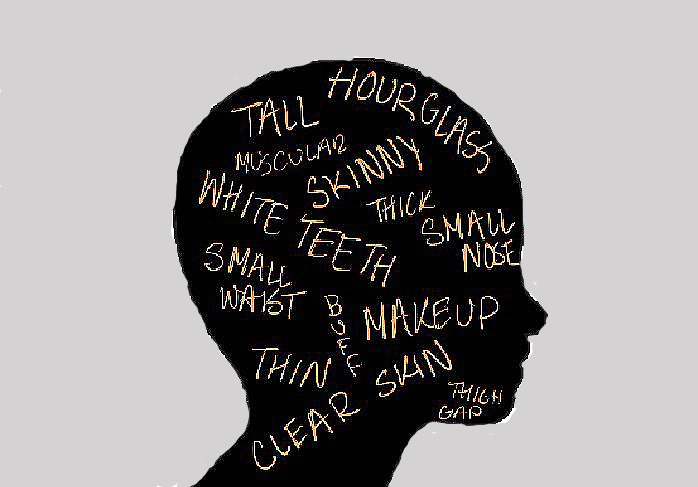High school can be an incredibly stressful time for students. According to the American Psychological Association’s Stress in America 2020 survey, teens’ stress levels increased significantly during the pandemic, with 43% reporting heightened stress and 45% struggling to focus on schoolwork. Although life has mostly returned to normal, the pressures of high school remain, often impacting students’ mental and physical health.
Stress is our body’s response to external events or internal worries. For example, preparing for an exam or dealing with social issues can trigger stress. If these feelings persist, they may develop into anxiety, which can interfere with daily life. Teenagers face unique stressors, such as academic expectations, peer pressure, body image concerns, family issues, trauma, and major life changes like moving or starting a new school
Signs of stress include irritability, fatigue, headaches, sleep disturbances, and difficulty concentrating. While some stress can motivate us, excessive or chronic stress can lead to health problems like high blood pressure, weakened immunity, and mental health issues such as anxiety and depression.
Managing stress is crucial. Techniques like deep breathing, meditation, staying active, maintaining a healthy diet, and seeking support from friends, family, or counselors can help. Recognizing stress symptoms early and adopting healthy coping strategies can improve overall well-being. Remember, while stress is a normal part of life, learning to manage it effectively can lead to a healthier, happier high school experience.












